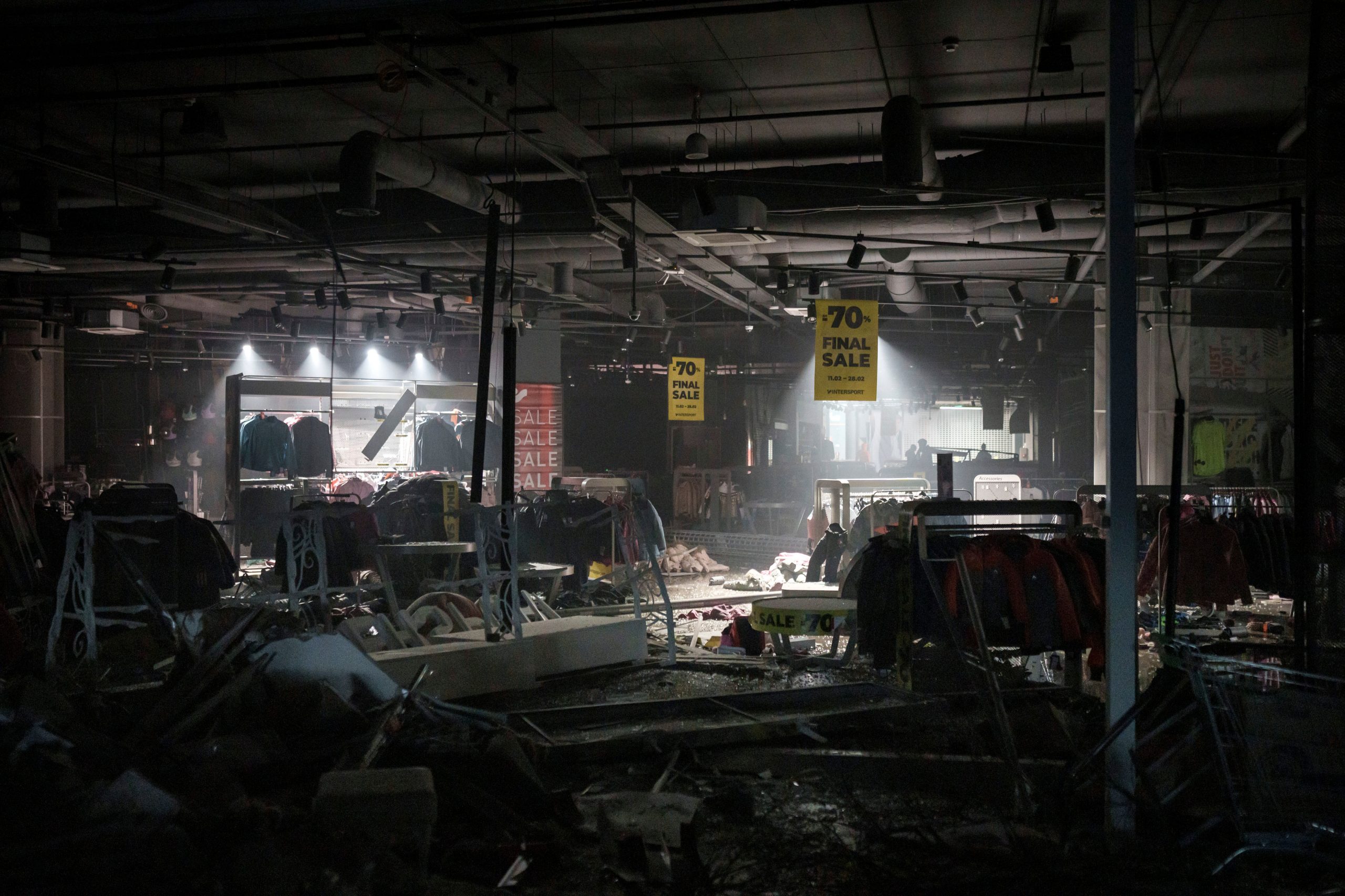Though Russia is the country that invaded its neighbour Ukraine, the Kremlin’s version relentlessly warns social media users across Latin America that the US is the bigger problem.
“Never forget who is the real threat to the world,” reads a headline, translated here from Spanish. The article, originally posted in late February on Twitter by RT en Español, is intended for an audience half a world away from the fighting in Kyiv and Mariupol.
Also read: Retreating Russians leave many mines behind: Ukrainian President Volodymyr Zelensky
As that war rages, Russia is launching falsehoods into the feeds of Spanish-speaking social media users in nations that already have long records of distrusting the US The aim is to gain support in those countries for the Kremlin’s war and stoke opposition against America’s response.
Though many of the claims have been discredited, they’re spreading widely in Latin America and helping to make Kremlin-controlled outlets some of the top Spanish-language sources for information about the war.
Also read: Over 3,000 people ‘rescued’ from Mariupol: Ukrainian President Volodymyr Zelensky
Russian outlet RT en Español is now the third most shared site on Twitter for Spanish-language information about Russia’s invasion.
“RT’s success should be concerning to anyone worried about the success of democracy,” said Samuel Woolley, a University of Texas professor who researches disinformation.
“RT is geared toward authoritarian control and, depending on the context, nationalism and xenophobia. What we risk is Russia gaining control of an increasingly large market share of eyeballs.”
Also read: Russia closed economy despite rouble rebound, headed for recession: US official
US-based tech companies have tried to rein in Russian outlets’ ability to spread propaganda following the invasion, by banning apps linked to the outlets, demoting the content and labelling state-run media outlets. The European Union has banned RT.
Yet the content thrives on Spanish-language websites, message boards and social media pages. While Russia also creates propaganda in languages including English, Arabic, French and German, it’s found particular success with Spanish-speaking users, according to recent research by Esteban Ponce de Leon, a Bogota, Colombia-based analyst with the Atlantic Council’s Digital Forensic Research Lab, a Washington think tank that receives funding from the US and other governments.
Also read: US giving Ukraine equipment to respond to possible Russian chemical attacks
Russia’s discredited claims about Ukraine and the US include allegations that the invasion was necessary to confront neo-Nazis, or that the US has secretly backed biological warfare research in Ukraine.
In fact, the US has long publicly provided funding for biological labs in Ukraine that research pathogens with the hope of curbing dangerous disease outbreaks.
That type of disinformation can easily flow from Latin America into other countries — including the US—that have large Spanish-speaking communities. Sometimes it’s passed between relatives who might be sharing the claims across continents with one another. It’s another potential entry point for Russia, and a reminder of the sophistication of the Russians’ efforts.
Also read: Ukraine’s football manager offers to join fight: ‘Could take 2 or 3 enemies out’
“There’s different avenues where RT is actively engaging communities across Latin America and the United States,” said Jacobo Licona, a researcher at the Democratic firm, Equis Labs.
As one of the world’s most-spoken languages, Spanish is of obvious interest to any government or organisation intent on shaping global public opinion. But Russia’s focus on the Spanish language goes further, reflecting the historic and strategic importance of Central and South America during the Cold War, said analyst Ponce de Leon of the Atlantic Council.
For decades, the Soviet Union sought to exploit historic tensions between the US and Latin America by supporting communist factions and larger allies including Cuba. Russia has sought to portray the US as a colonising empire, even as the Kremlin has worked to strengthen its own ties to the hemisphere.







